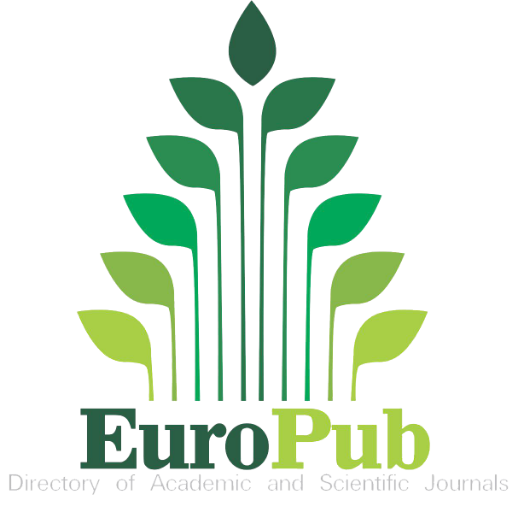DJ Mini and Montreal’s Vulgar Dance Music
Abstract
This article advances claims about Montreal’s electronic dance music scene through mapping the career of one of the key actors who shaped the electroclash scene from the early 2000s onwards—music producer/DJ Mini (née Evelyne Drouin). By way of detailing the career of DJ Mini, this text attempts to add to the queer musical narratives currently emerging from music scene analyses. Counter to the experiences of many women DJs and musicians participating in heterosexual and male-dominated music scenes, Drouin received extensive mentoring and support from various informal queer social networks spread throughout the circuits of the city. Not only did she gain access to a local production network of equipment and skill sharing, Drouin was also given access to spaces where she was able to develop production skills on her own time and at her own pace. DJ Mini’s story offers a telling case for the ways in which the politics of access—institutional, social, technological—remain central to the vitality and inclusivity of local music scenes.
Downloads
Published
Issue
Section
License
Authors who publish with this journal agree to the following terms:- Authors retain copyright and grant the journal right of first publication with the work simultaneously licensed under a Creative Commons Attribution-Noncommercial-Share Alike License that allows others to share the work with an acknowledgement of the work's authorship and initial publication in this journal.
- Authors are able to enter into separate, additional contractual arrangements for the non-exclusive distribution of the journal's published version of the work (e.g. post it to an institutional repository or publish it in a book), with an acknowledgement of its initial publication in this journal. Such derivate works or subsequent publications must happen no less than one calendar year after the initial publication date in Dancecult.
- Authors are permitted and encouraged to post their work online (e.g. in institutional repositories or on their website) prior to and during the submission process, as it can lead to productive exchanges, as well as earlier and greater citation of published work (See The Effect of Open Access).






